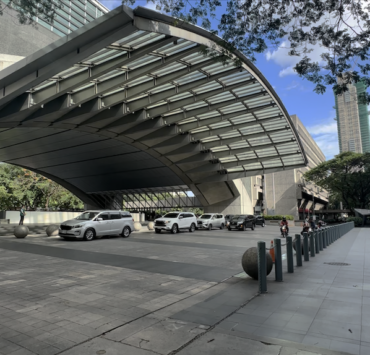Grants, mentorship empower emerging filmmakers
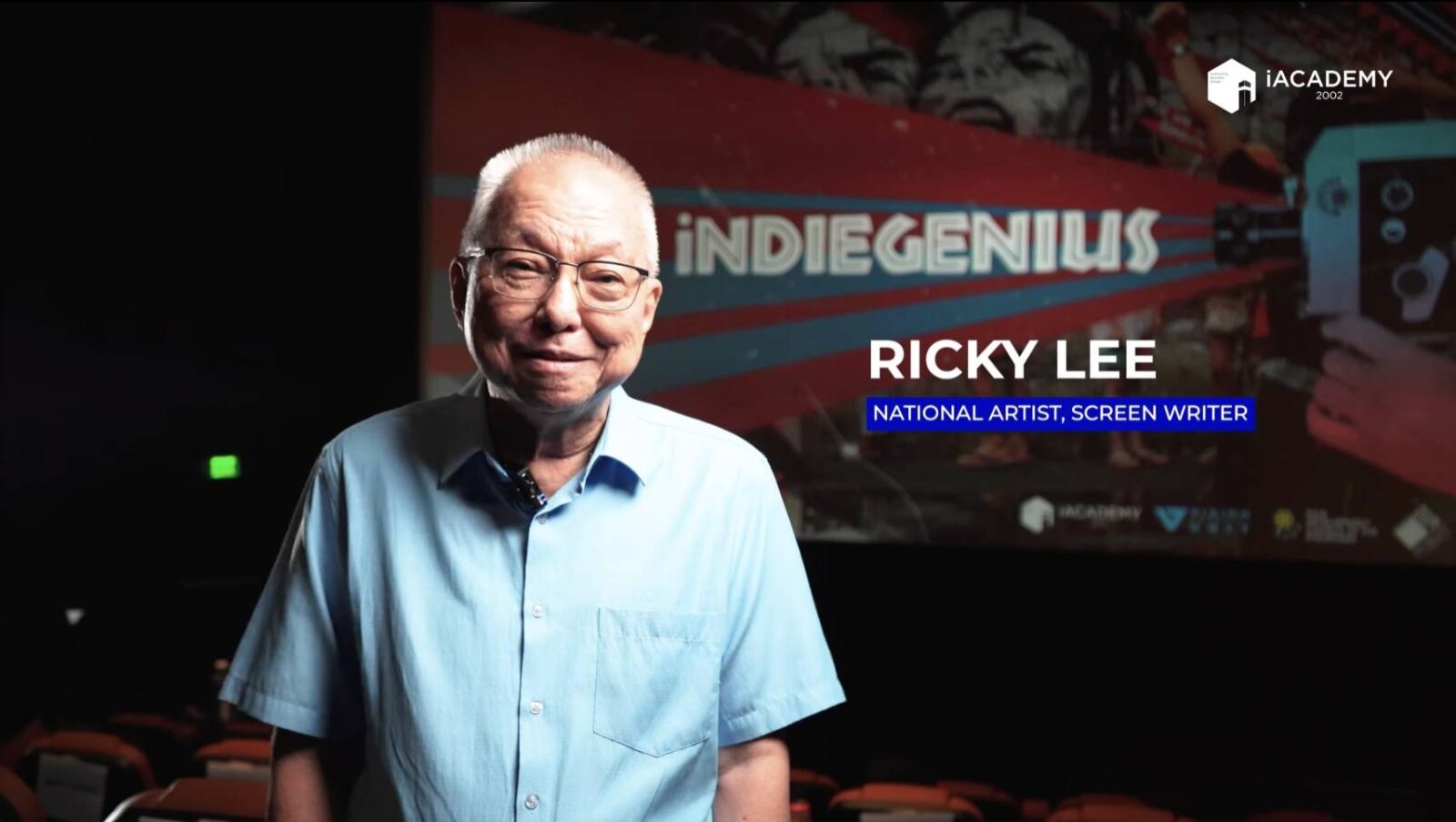
A filmmaker thrives within a community of kindred spirits,” said film and TV director Mark Meily during the launch of the second edition of the iNDIEGENIUS Project Lab, an initiative aimed at empowering regional filmmakers by bringing their stories to life.
This year, 10 scholars will be selected to undergo an intensive weeklong film lab. From these, two will each receive a cash grant of P500,000 to help fund their projects.
“All of you want to tell stories. You’ll realize that the people you’re collaborating with now will be the same people you’ll work with as professionals in the future,” Meily told young filmmakers at the event held at Cinema 8 of Power Plant Mall in Makati City.
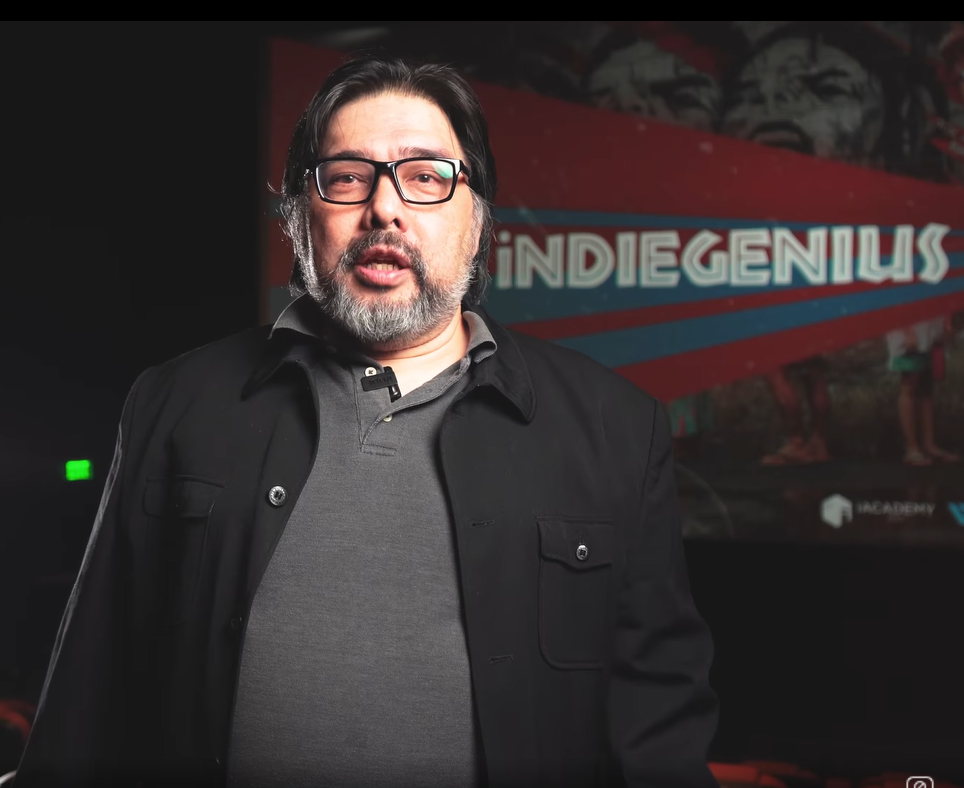
“What aspiring filmmakers need is a foot in the door—a break,” said Meily, who also serves as president of the Directors’ Guild of the Philippines, Inc. (DGPI). “There are many talented Filipino filmmakers with great stories but limited opportunities or support. iNDIEGENIUS provides that chance, not just through grants and mentorship, but by fostering a welcoming community.”
This year’s program focuses on filmmakers age 18 to 35. Scholars whose projects are still in the development stage will benefit from workshops and mentorship designed to refine their ideas. Organized by iAcademy and copresented by DGPI and the Film Development Council of the Philippines, the initiative underscores a shared commitment to nurturing the next generation of filmmakers.
Community, collaboration
“I’m so jealous. You’re all so lucky to have something like this,” Meily added.
Notable works from the first edition include Kydylee Torato’s (one of two grantees from the first edition) “Bisan Abo, Wala Bilin” (Even Ashes, Nothing Remains), which premiered at the recent Sinag Maynila Film Festival, and “Muli Ka Na, Merlie” (Uwi ka na, Merlie) by Shane David, the other winner, set for release soon.
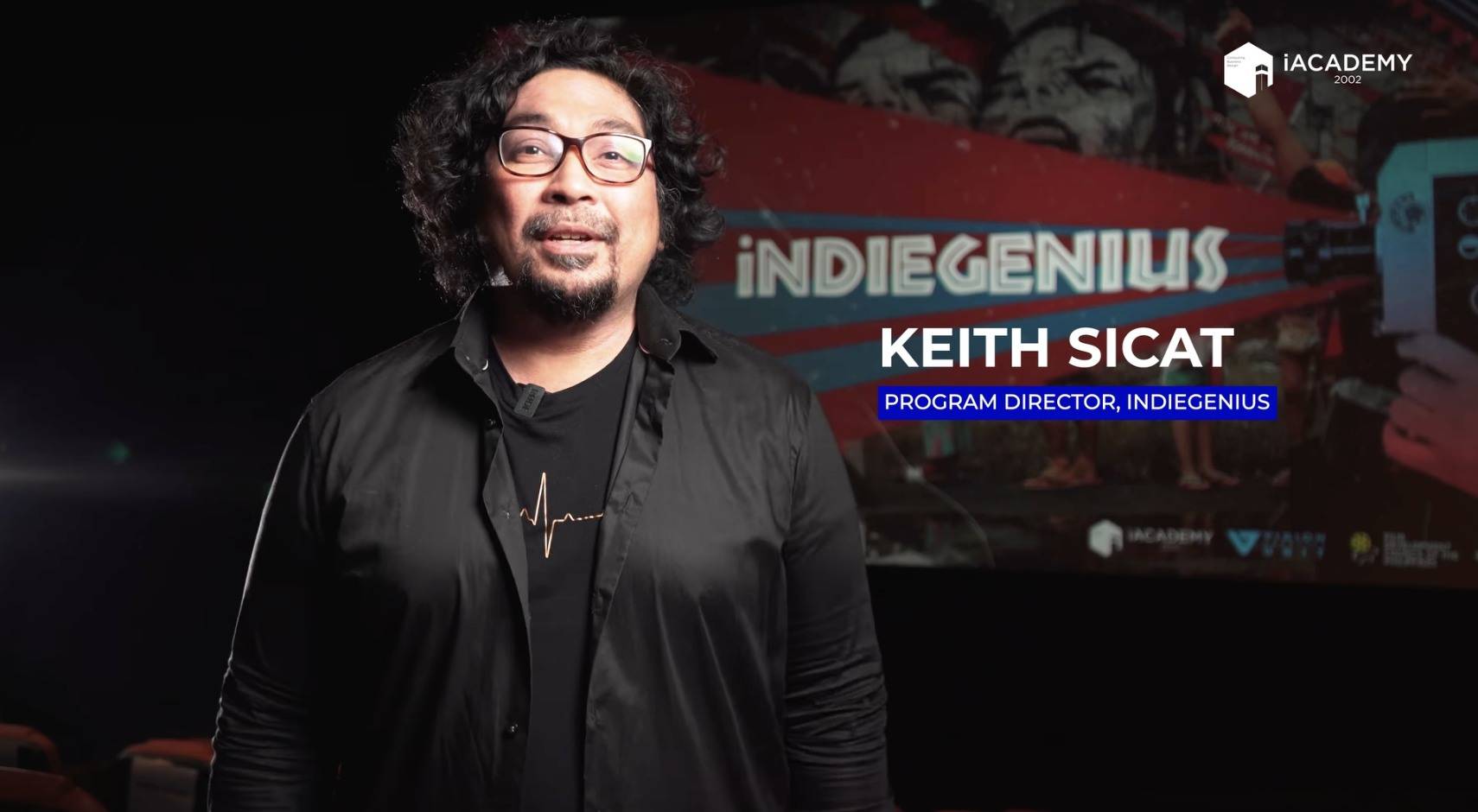
National Artist for Film Ricky Lee also emphasized the value of community during his speech. “In the ’80s, we didn’t have film workshops or grants. There were no film courses in universities. I felt so alone. It’s great that you now have people with you, all hungry to learn,” he said.
“In our line of work, it’s easy to give up. But when you’re part of a community, you gain strength and support from others who say, ‘Let’s not give up.’ You also learn the value of collaboration,” he added.
Lee recounted his experience working with the late National Artist for Film Ishmael Bernal on the production of “Himala.” “Whenever I had an idea, even if I thought it was great, Bernal would say, ‘It’s too easy. If it’s easy, it’s not good.’ He would counter my Idea 1 with Idea 2, which I would resent at first. But when the two ideas clashed, they would form Idea 3, which I realized was far better. In a community, you learn that your idea isn’t the only good one. The collision of ideas creates the magic.”
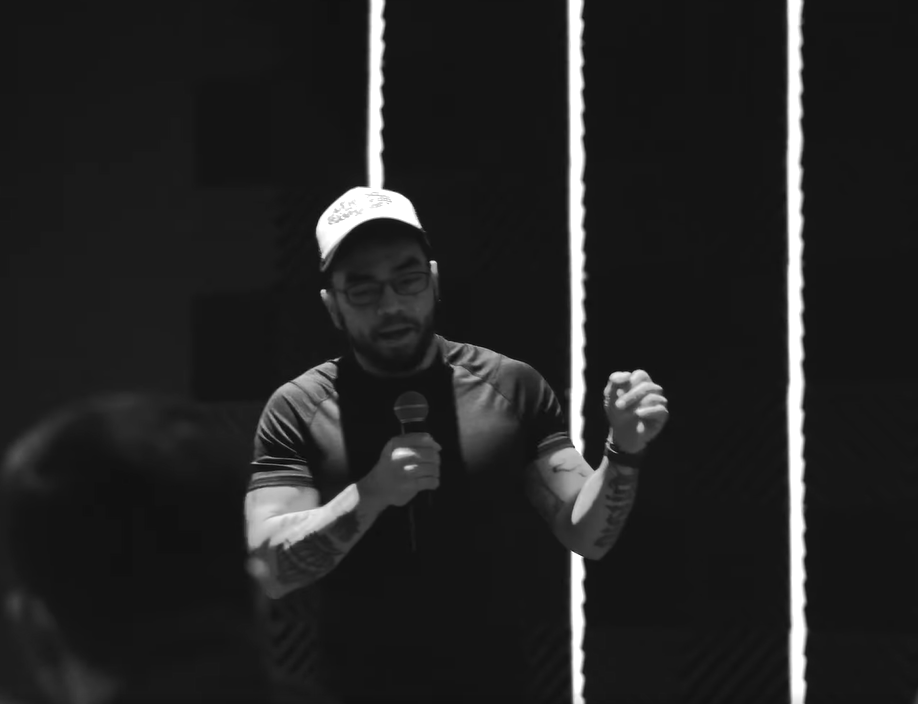
While collaboration is important, Lee also stressed the importance of solitude. “Even when surrounded by people, it’s good to feel alone sometimes. That’s when you hear your own voice and reflect on your story,” he pointed out.
For filmmaker Paolo Villaluna, storytelling goes beyond creating visually stunning content; it’s about challenging norms and advocating for change. “I want you to remember the moment you discovered your calling as a filmmaker. You have two responsibilities: first, to express yourself—there’s no right or wrong way to do this. Second, to advocate for the less powerful by telling their stories,” he said.
Deeply personal
Villaluna shared how filmmaking became deeply personal to him. At age 12, during a challenging time in his life, watching Ridley Scott’s “Blade Runner” struck a chord in him. “After that day, I decided to be alive and become a filmmaker,” he recalled, adding that he had been hospitalized when he chanced upon and got inspired by the film.
“It’s fortunate to have the opportunity to contribute to Philippine cinema. iNDIEGENIUS was created to give emerging filmmakers—especially those outside Manila—a chance to develop their projects and make their dream short films. This program is opening doors of opportunity again this year,” said program director Keith Sicat. This year, the selection committee reviewed 300 submissions. “That’s already a feat,” he added.
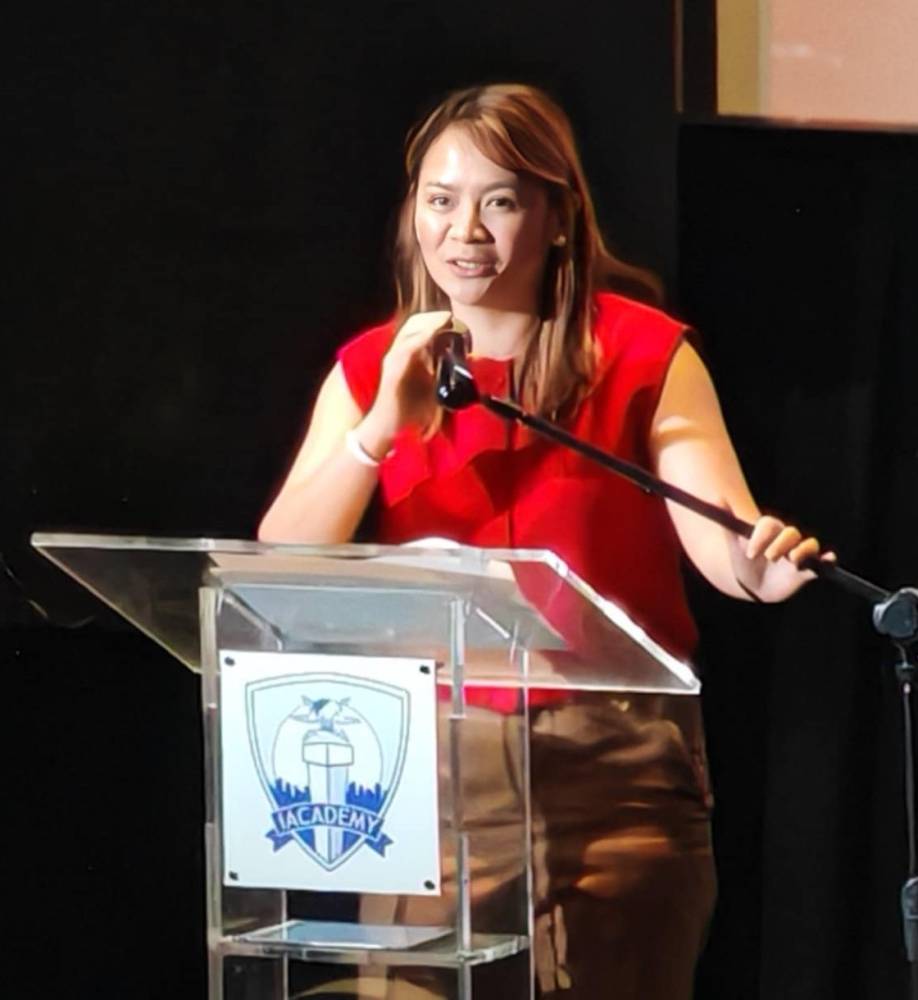
iAcademy president and CEO Raquel Perez Wong echoed this sentiment. “By nurturing these creative voices, we contribute to a vibrant and diverse cinematic landscape. This year, we’re doubling down on our commitment to foster talent and support innovative storytelling.”
The first edition produced notable mentees like Arlie Sweet Sumagaysay and Richard Jeroui Salvadico, codirectors of “Tumandok” (Cinemalaya 2024 Best Picture), and Cedrik Labadia, whose “Threefor100” won the best director and best picture honors at the Manila Film Festival and represented the Philippines at the Busan International Film Festival.
Applications are open until Jan. 27. “Encourage your family and friends to apply. The goal is to open doors and make sure this program is accessible. We don’t want to be gatekeepers; we want to open the floodgates,” Sicat said.














